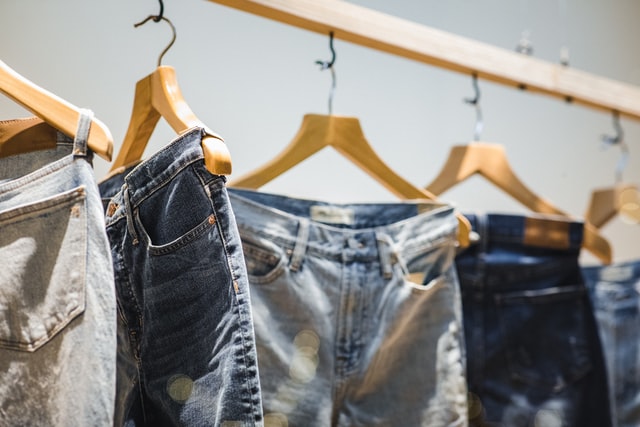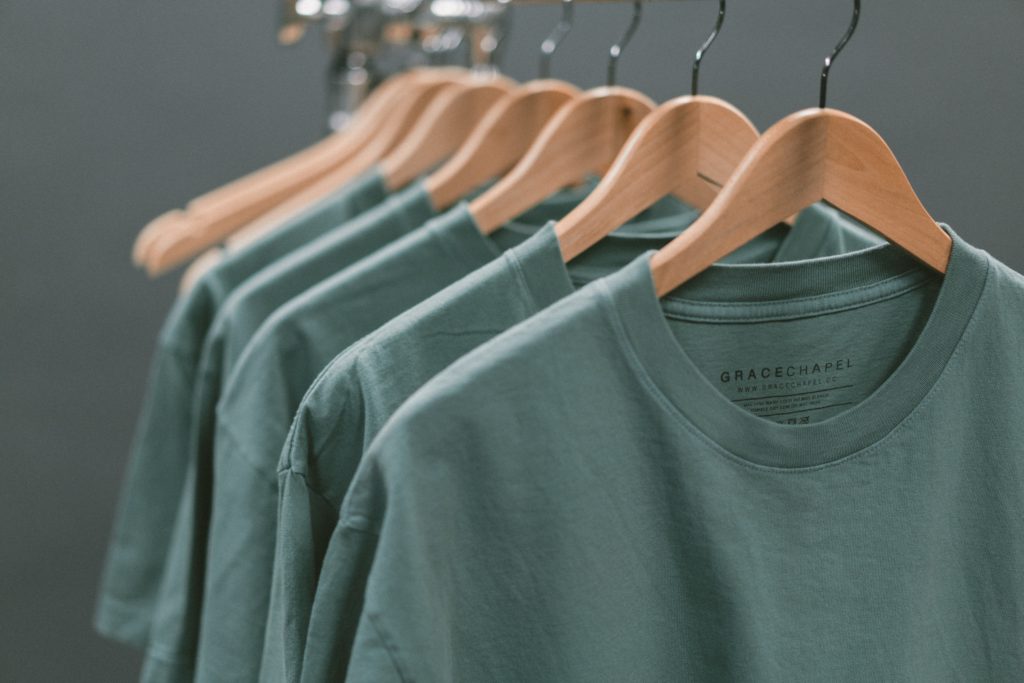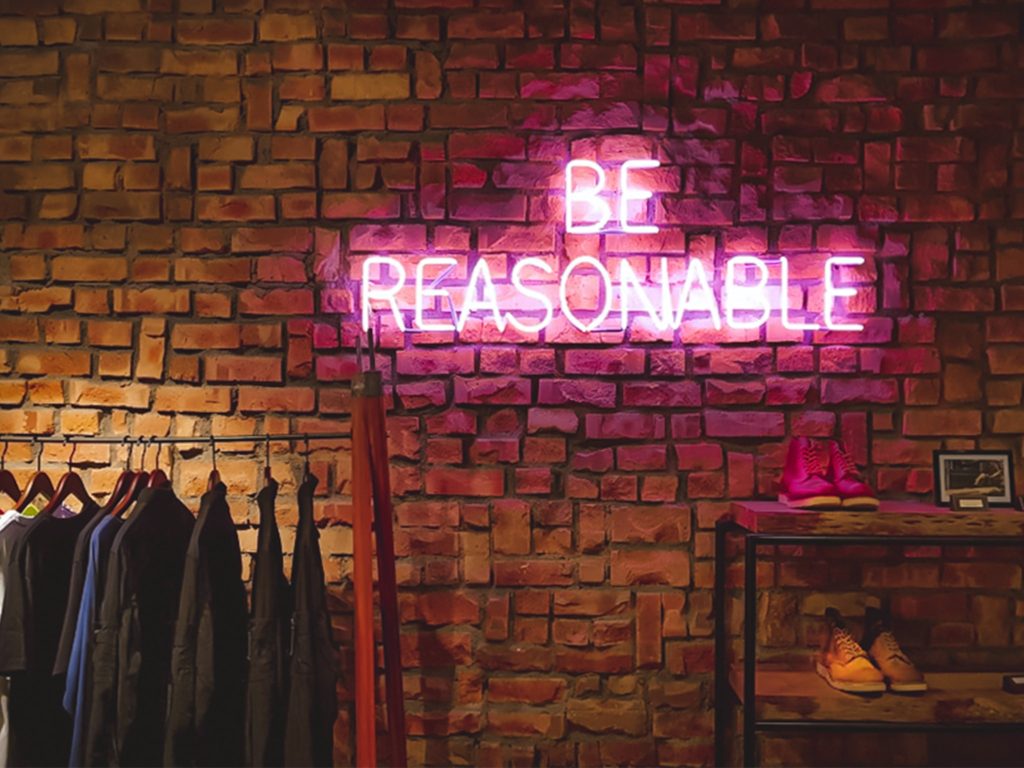
My husband and I recently slipped through the mountains on the way home from a soccer game, the sun at our foreheads. The conversation meandered toward politics, then toward economic issues.
I confessed to him that as a buyer, correcting ethical issues through my purchases feels challenging without shifting some of my life priorities. (Yikes. Maybe I’ll make you overwhelmed with me.)
Consider
- We have four kids, three of them teenagers, and two of them in sports. In short, if I saved time and lived in Costco, the forklift dude would still be running around trying to keep the place stocked. Think anyone sells “bottomless chips and salsa” for a personal residence?
- Our income is decidedly middle class. If I switched to 100% organic (rather than “we’ll do what we can”), it could feasibly double or triple our food budget. So I could do that. And just maybe not pay the mortgage?
- I personally find overwhelming the education needed to make ethical choices. (GMO, corn syrup, additives, processing, buying local, pesticides, cleaning products, ethical treatment of animals, oh my.) I feel like I’d need to devote hours monthly to do it well.
- Still, the implications feel significant concerning my faith. God asks humanity to rule over creation with kindness toward animals, for example. Yet as the consumer rather than the business owner, how much am I willing to fork over so that I’m not contributing to, say, farms, that keep chickens in tiny cages where they can’t walk?
But it goes beyond this. Which is more ethical, I wondered? To spend money on organic food, or helping people who don’t have food?
See what I mean? This gets tougher and tougher.
This is to say, our decisions as buyers become intensely personal. Even when we declare there’s a right way…there are other views to be reckoned.
Um. Tell me you’re about to get to the good news
So my husband’s suggestion intrigued me.
What if, as baby steps, we focused on ethical clothing choices? Those influence people directly. Fair, safe working conditions. Absence of human trafficking.
Have a continued conversation with your kids about ethical clothing.
As the sun rises in the east, teens can, of course, be into clothes. But as our daughter overheard our convo, I was pleasantly surprised when my daughter wanted to know those who weren’t treating their workers well here in 2020.
And it doesn’t hurt to start young: “I don’t think we’re going to buy that brand. Things may have changed, but I read they don’t treat their workers well. We don’t want to own clothing that’s hurting people and keeping them in poverty.”
Pop open Isaiah 58 with your kids. Read the strong words about God’s people creating environments where workers are not mistreated.
Where–like Jesus frees us–the oppressed go free, and we “remove every yoke” (v. 6).
(Pro tip: Check out God’s crazy promises for those who advocate for the powerless in vv. 8-14.)
Ethical clothing: Start here
I can tell you what my husband and I are learning–not as experts by any means, but as parents taking baby steps of our own.
(In fact, I might be misinformed or missing a key element in my choices. I welcome you to chime in through the comments section.)

1. Get informed about notorious bad actors in the clothing industry.
There are lists of the worst offenders for sweatshop labor; try here, here, and here, for starters (Forever 21, Walmart, and Disney stick out to me).
Examine your go-to clothing brands in the annual Baptist World Aid Fashion Report. (The index by brand starts on page 46, or just hit Ctrl+F [Command+F for Mac users] to search the PDF for your favorite brands.)
Gap and its related brands, like Athleta and Banana Republic, have apparently improved lately, as have H & M, Levi’s, and Target. I can tell by comparing old articles on ethical clothing. Hanes, Adidas, and Gildan do well. (Fruit of the Loom and its companies, like Vanity Fair, don’t.)
Largely, that’s good news: These companies are responding to concerned consumers.
2. Download an app for ethical clothing info at your fingertips.
The free Good on You app (on Apple and Google Play) rates suppliers on ethical clothing practices: how they’re doing with working conditions, the environment, etc.
We were pleased to see that one of my husband’s favorites, Eddie Bauer, does a great job. Ann Taylor Loft (one of my faves) didn’t do as well.
3. Buy used.
Our local Goodwill rocks and doesn’t smell funky. Sites like Poshmark and Thred Up allow you to be pickier about whatever you’re looking for.
Maybe some will argue that buying secondhand clothes from manufacturers in the “needs work” category isn’t more ethical after all. I get that. I encourage you to pray through your own standards in all of this (see 1 Corinthians 8 & James 4:17)!
My personal reasoning: Buying used doesn’t allow my cash to fuel unethical culprits. It doesn’t contribute to the demand for which they supply.
At this point (admittedly early on in this process), I hope to steer clear of the worst offenders even when buying secondhand.

4. Simplify your closets.
For most of us reading this post, having enough clothing or not being able to afford clothing (as opposed to being able to afford, say, an exorbitant food budget).
But it’s a great spiritual discipline for all of us to streamline our possessions–because our possessions have a sort of gravity, Randy Alcorn writes. They tether us to this planet, setting us in orbit around them.
Less of a complex wardrobe to maintain means clothes become less of a “gotta have it” kinda thing. We think more strategically about what we purchase.
Honestly, examining this presses on my heart–because I love to dress creatively, love putting outfits together. But what if I could see the people who made my jacket or my jeans? Am I loving clothes too much?
This doesn’t mean we don’t enjoy the art of clothes or enjoy just lookin’ good. It just means a simpler closet can help us keep our loves in the right order, with God over all.
Grab a free infographic to SIMPLIFY YOUR CLOSETS!Hopefully, rather than trying to grab a drink from a fire hydrant–these ideas make your next steps against injustice doable.
What would you add? Comment below!












![Now You're Speaking My [Love] Language Now You're Speaking My [Love] Language](https://www.janelbreitenstein.com/wp-content/uploads/2015/08/love-languages-text-1.jpg)





Leave a Reply